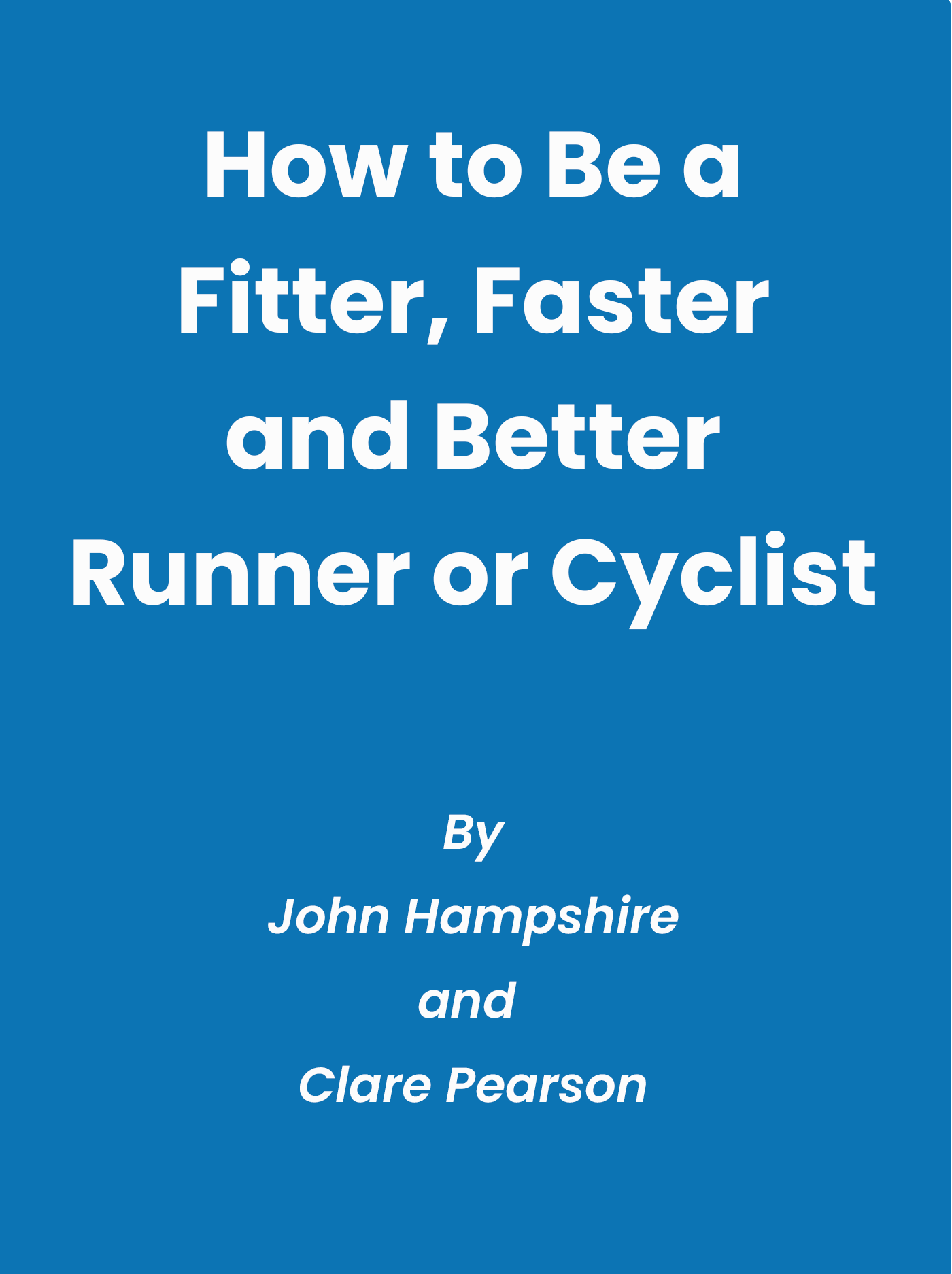Tips for Racing at Altitude

It's that time of year where there are loads of great events taking place, some of which are in the mountains where the air pressure is less making it harder for us to get the same amount of oxygen into our lungs. This can have an impact on your performance.
Here are some tips on how to prepare:
Altitude Training
Doing some training even as low at 1500m (5000ft) can help you prepare for your event at altitude, although the closer you can get to the altitude of your race the better. You will need 2 to 4 weeks at altitude for your body to adapt.
For the first few days you will need to run easy; using Rate of Perceived Exertion is a good idea as your usual metrics will change (in particular heart rate and your power/pace output).
As you start to adapt you can gradually introduce harder efforts as you start to feel ready to train 'normally.' This can take 10 to 14 days.
You will notice initially increased fatigue and even disturbed sleep as you adapt. You will need to ensure you keep well hydrated (and may need to drink more than usual to do so); you may even find you need to eat a bit more initially to fuel the increased effort.
Once you have done this you should find you adapt more quickly to the altitude for your event, but you will still need a few days to adapt if you are not going straight to your race from your block of altitude training.
Get high on your endurance sessions
While ideally you would spend two to four weeks training at altitude to get the maximum adaptation this is not always possible or practical so another option is to aim to get up to altitude on your longer training sessions (following to some degree or another the 'sleep low, train high' protocol).
While your body might not adapt in the same way, you will get used to how the change in air pressure feels and develop strategies for dealing with it (increase your calorific intake, your water intake, adapt your pace). The more you can do this the more you can prepare, but even just doing this once or twice will help you prepare.
Get as Fit as You Can
If you can't get up to altitude at all then the best (and often favoured approach) is to focus on getting as fit as you can. There is some argument that this could be better than altitude training as you inevitably lose valuable training time and key workouts adapting before you can train normally at altitude.
If you are fit enough all else being equal you will be able to deal with the altitude.
Ascend Slowly
For multi-day events at very high altitudes, a key to avoiding serious altitude sickness is to take your time getting high. It's with good reason that they have Everest base camps!
So if you are planning a multi-day event at very high altitude (above 5000m/16404ft) make sure you have plenty of time to climb slowly and take time off to adapt if you need to.
Some events will include a period of adaptation and will assess you before the allow you to continue to the event, others will assume you have prepared yourself.
Even on shorter races taking the climbs cautiously will help you moderate your pace to the environment.
Eat and Drink Plenty
You may find you need to reassess your calorific and hydration needs at altitude. Be sure you have enough food and drink to be able to drink more if you need to to match the increased effort.
Adapt your Pace
Typically, if things go well, you will feel good at the start of your event, even if you have done no altitude training. However, you will need to start conservatively as you are more at risk of blowing up later if you are coming to altitude having trained below 1500m.
If you set off too fast, by the time you realise what you have done, it can be too late. This is especially true of shorter events (90 minutes to 6 hours) as under normal circumstances you would be able to 'push' out of your zone 2 in these events.
Race within 24 Hours of Your Arrival
If you are planning to travel to your event, unless you can be there for 10 days before the race starts it's usually better to arrive within 24 hours of the start of your event. Three to five days in you are at risk of experiencing the worst effects of altitude and are likely to feel much worse.
If you would like help preparing for your next race you can book a free 20 minute consultation with no commitment to see how we can help you.
Subscribe to our blog
Please share with your friends
Other articles you might like
July 13, 2024

Comments